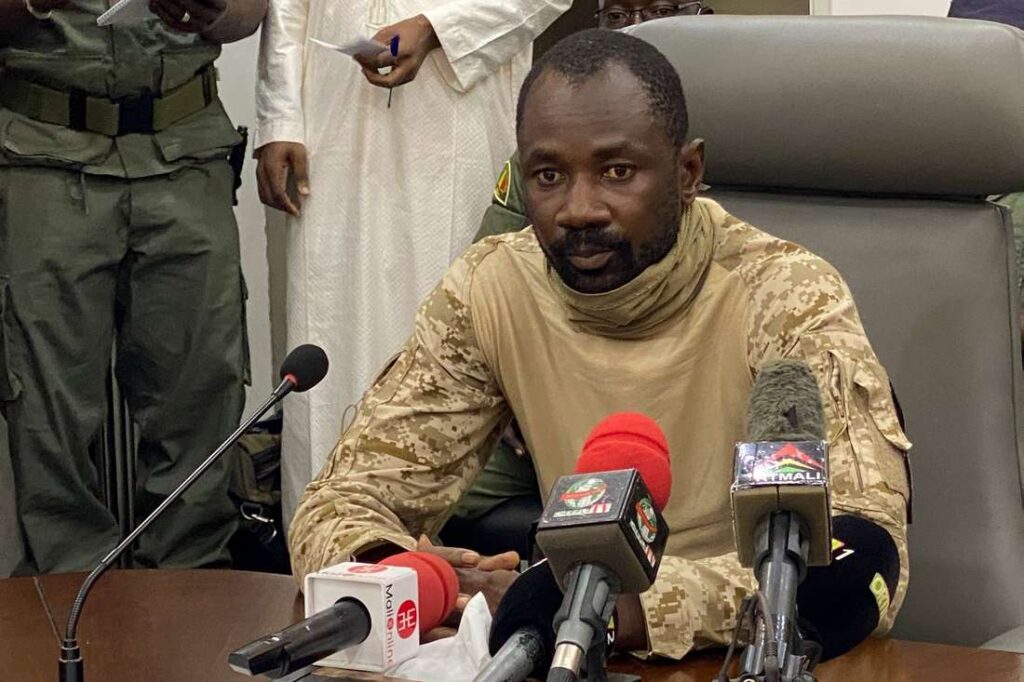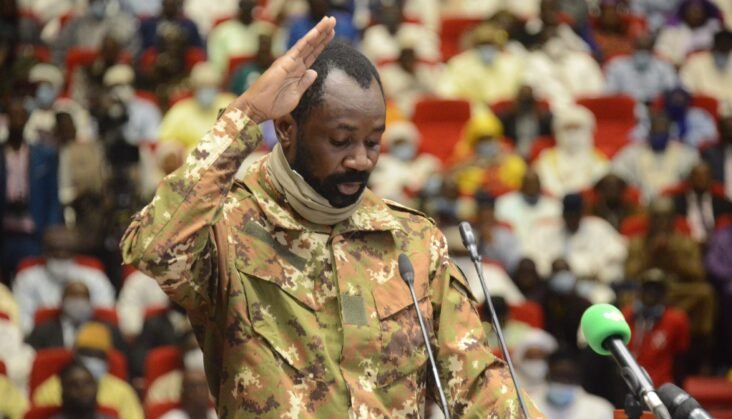
The leaders of the two recent coups in Mali have been granted amnesty by the country’s interim parliament. This means that Colonel Assimi Goïta and other army officers, who were involved in overthrowing President Ibrahim Keïta in August last year and interim president, Bah Ndaw, in May this year, will not face prosecution. The motion was reportedly passed by an overwhelming majority of Mali’s National Transitional Council.
Col Goïta has also said that he will respect the February 2022 deadline for civilian elections, set by the previous interim government. Ghana’s Foreign Minister Shirley Ayorkor Botchwey in May told reporters that the Economic Community of West African States (ECOWAS) had called on Mali to nominate a new civilian prime minister immediately, to adhere to an 18-month transition period and to hold a presidential election next February.
Leaders of Ecowas to this extent put pressure by suspending Mali’s membership from the bloc following the May military coup, which was the second in nine months.
About May’s Coup

Former junta leader Col Goïta declared himself the country’s transitional president in May, after stripping interim President Bah Ndaw and acting Prime Minister Moctar Ouane of their powers. The two ousted leaders were days later freed from military detention, where they had been held since the coup. Additionally, Mali’s constitutional court named Col Goïta, as its transitional president in May two days after the military take-over.
Before May’s military take-over, the two leaders had been leading an interim government which took power after another military coup last August. Col Goïta was also the leader behind the first coup last August, which saw the elected President Ibrahim Boubacar Keïta forced out of office.
Reports indicated that the seizure of power in May came after a cabinet reshuffle which Col Goïta complained he was not consulted about. Two army officers involved in the previous coup had also lost their jobs in the reshuffle. Col Goïta also claimed that President Ndaw and his Prime Minister had failed in their duties and were seeking to sabotage the country’s transition; the two were arrested hours after the reshuffle and forced to resign their positions while in detention.
The release of the former interim president had also been requested by the UN, the African Union, the Economic Community of West African States (Ecowas), the EU and the US. Ecowas has been insisting on civilian rule to be upheld in Mali and to this extent, last year it threatened sanctions unless a caretaker government under civilian leadership took over from the military. It is said that the stability of Mali is critical if West Africa is to hold back terrorist activities in the region.





